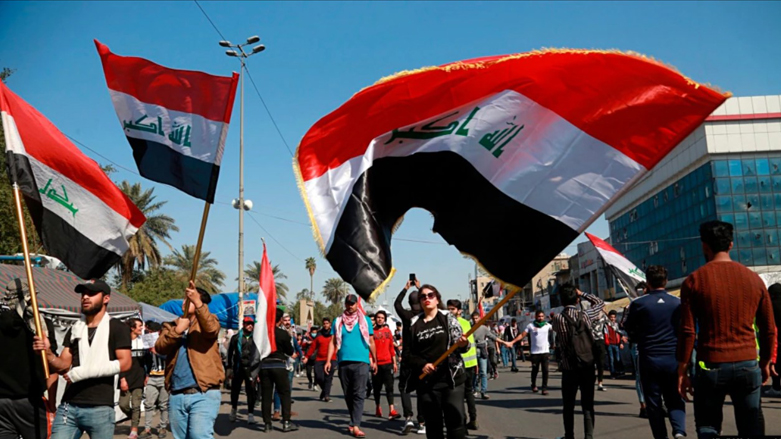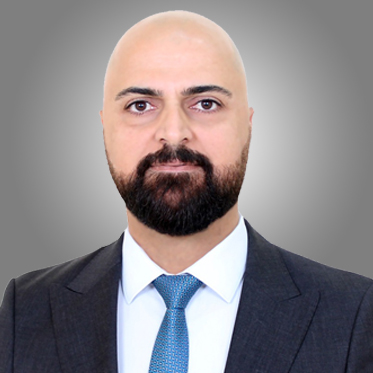KDP won't participate in Iraqi government formation without conditions': Jafar Emenki

ERBIL (Kurdistan 24) – The Kurdistan Democratic Party (KDP) will not participate in Iraqi government formation talks without certain conditions, politburo member Jafar Emenki told Kurdistan 24 on Sunday.
"The KDP's main principles for forming the Iraqi government are respecting the constitution, consensus, and a true partnership," Emenki told Kurdistan 24. "Without those principles, a strong government can't be formed."
Emenki revealed that the KDP is open to dialogue with all Shiite, Sunni, and Kurdish political parties to reach agreements on government formation.
"The country can't be run without having a strong government in Baghdad, and if the country continues like now, the Kurdistan Region will be hurt the most," he underlined. "They cut our budget and continue to attack us with rockets and drones, which is why we need to have a strong presence in Baghdad."
"We will not boycott the political process in Iraq," he added.
Read More: Dana Gas plant in Khor Mor attacked again for the third time in a week
Following the Sadrist Movement's withdrawal from the political process in Iraq a couple of weeks ago, the Iran-backed Shiite Coordination Framework (SCF) started talks with the political parties.
One of the prominent positions the Sadrists left vacant in the parliament was the First Deputy Speaker, which Sadrist movement member Hakim al-Zamily previously filled.
Disputes about filling this prominent position have already started among political parties under the SCF. SCF MPs revealed to the media that competition over this position keeps heating up between Hadi al-Amiri's Fatah alliance and Qais Khazali's Asa'ib Ahl al-Haq group.
Ammar Al-Hakim, a prominent Shiite politician and head of the Hikma National Movement, also announced his movement's withdrawal from the political process in Iraq last week. Hakim told the media that he prefers to support the government by watching its performance from the street rather than being part of it.
Political observers don't expect the next Iraqi government to last long without the Sadrists. The Sadrists hold sway over the street, especially people who are fed up with the political elite's corruption and Iran's interference in Iraqi internal affairs, politics, and security.
Read More: Sadr's latest move shakes up Iraq's political landscape
The remaining Shiite politicians in the Iraqi political process, mostly those loyal to Iran, are taking careful steps toward government formation. They don't want to do anything that annoys the Sadrists as they fear the Iraqi street, which the Sadrists control.
If it can, the SCF will likely form another consensus government in Iraq that upholds Iran's interests in the country. Past governments of this kind have given many promises to the Kurds, including resolving problems between Erbil and Baghdad and implementing the Iraqi constitution. However, they invariably fail to live up to such promises after the government's formation.
Read More: Iran-backed elements trying to exert pressure against other political blocs: Sadr
